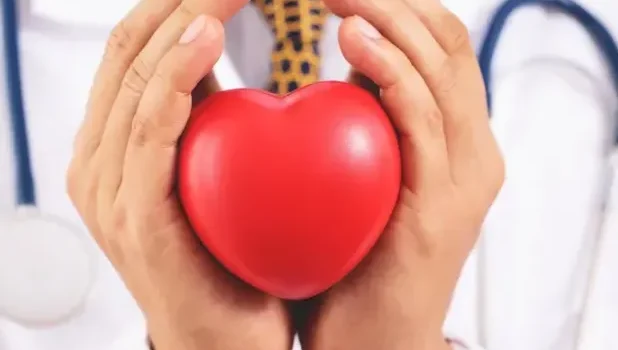Maintaining healthy blood pressure is essential for overall heart health. However, there are many myths and misconceptions surrounding blood pressure management that can make it difficult to separate fact from fiction. By clearing up some of these common misunderstandings, you can take better control of your heart health and make informed decisions.
Myth 1: You Can Tell You Have High Blood Pressure By How You Feel
One of the biggest misconceptions is that you can tell if you have high blood pressure based on how you feel. The truth is, high blood pressure often doesn’t show any obvious symptoms, which is why it’s commonly referred to as a “silent” condition. The only reliable way to know if your blood pressure is elevated is to have it checked regularly by a healthcare provider. Even small lifestyle changes can make a significant difference in managing your blood pressure and lowering your risk of heart disease.
Myth 2: High Blood Pressure Is Just a Normal Part of Aging
While it is common for blood pressure to rise as we age, this does not mean it’s a healthy part of getting older. As we age, our arteries naturally stiffen, making it harder for blood to flow, which can strain the heart. Over time, this increases the risk of heart disease, strokes, and other cardiovascular problems. Taking proactive steps like following your doctor’s treatment plan and making lifestyle adjustments can help manage blood pressure at any age.
Myth 3: Sea Salt and Kosher Salt Are Better for You Than Table Salt
It’s a common belief that sea salt or kosher salt is healthier than regular table salt. However, these salts contain very similar amounts of sodium per unit. Reducing sodium intake from all sources is key to maintaining healthy blood pressure levels. This includes both the salt you add when cooking and the salt hidden in processed foods. Always be mindful of your overall sodium consumption.
Myth 4: Moderate Alcohol Consumption Doesn’t Affect Blood Pressure
While some studies suggest that moderate alcohol consumption, especially red wine, can have heart-health benefits, it’s important to understand that even moderate drinking can raise blood pressure in some people. Regular heavy drinking can lead to dangerously high blood pressure. For most individuals, it’s recommended to limit alcohol intake to one drink per day for women and two for men. Always discuss your alcohol consumption with your healthcare provider to ensure it aligns with your health needs.
Myth 5: You Don’t Need Medication if You Exercise and Eat Well
Exercise and a healthy diet are fundamental to controlling blood pressure, but for some individuals, lifestyle changes alone may not be enough. If you have a high genetic risk or struggle to achieve effective results with diet and exercise, medication may be necessary. It’s important to work with your healthcare provider to determine if medication should be part of your blood pressure management strategy. Never stop taking prescribed medication without consulting your doctor.
Myth 6: Occasional High Readings Aren’t a Big Deal
Even occasional spikes in blood pressure should not be ignored. Recently, health organizations lowered the threshold for high blood pressure, defining readings above 130/80 mmHg as elevated. Even short-term increases can indicate underlying health issues and, over time, contribute to cardiovascular strain. Monitoring your blood pressure regularly and discussing any irregular readings with your doctor can help you manage potential risks.
Myth 7: You Can Stop Taking Medication Once Your Numbers Improve
If you’ve been prescribed medication for high blood pressure, it’s crucial to understand that hypertension is a lifelong condition that requires ongoing management. Stopping your medication without guidance from your doctor can lead to blood pressure rising again, possibly even higher than before. Always consult your doctor before making any changes to your medication regimen.
Myth 8: Small Heart Attacks Reduce the Risk of a Major Heart Attack
A small heart attack, or a “mini” heart attack, is still a serious health event that signals underlying cardiovascular disease. While it might seem like a minor incident, a small heart attack should be considered a warning sign of future, potentially more severe heart problems. Taking steps like managing cholesterol, maintaining a healthy weight, and following your doctor’s advice can reduce your risk of a more serious heart attack.
Myth 9: Blood Pressure Medication Means You Don’t Need to Worry About Your Lifestyle
Medication can certainly help control high blood pressure, but it’s not a substitute for a healthy lifestyle. Maintaining a balanced diet, staying active, managing stress, and getting enough sleep all play a vital role in keeping your heart and blood pressure in check. Even if you’re on medication, making healthy lifestyle choices can still offer significant benefits for your overall health.
By understanding and debunking these common myths, you can approach blood pressure management with greater knowledge and confidence. Make sure to work closely with your healthcare provider to develop a plan that suits your individual health needs.











